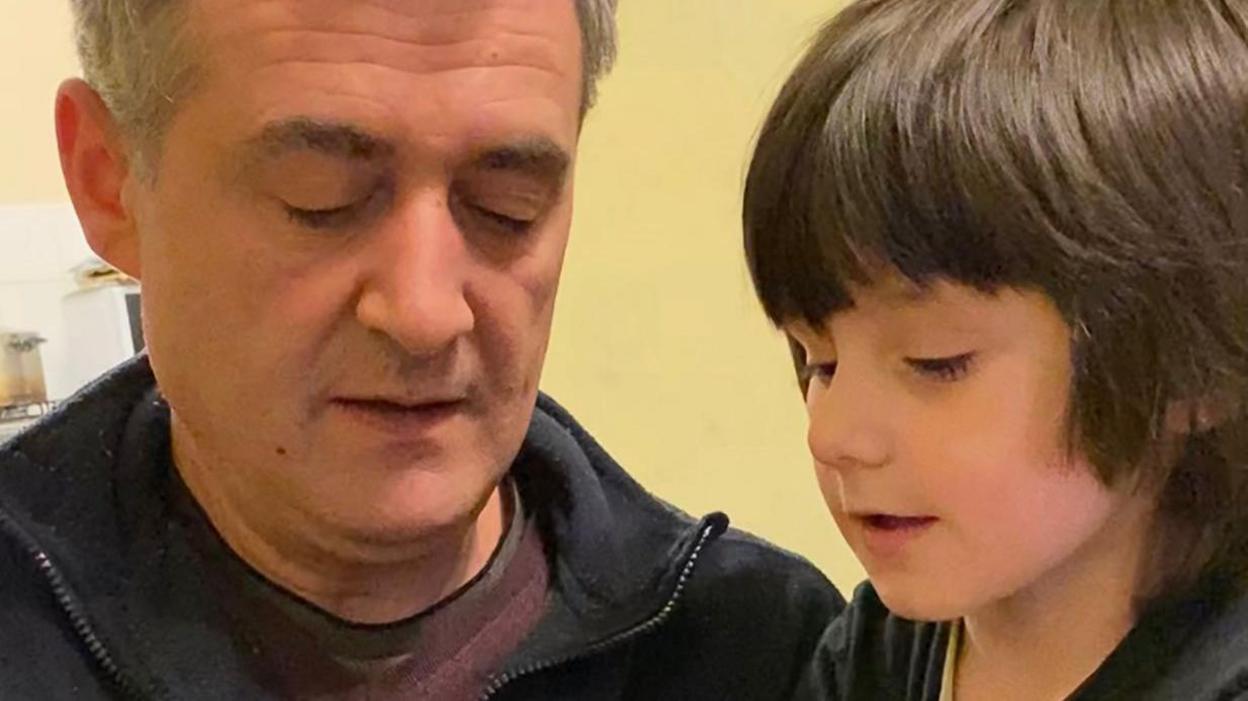Boy's missed sepsis not neglect, coroner finds
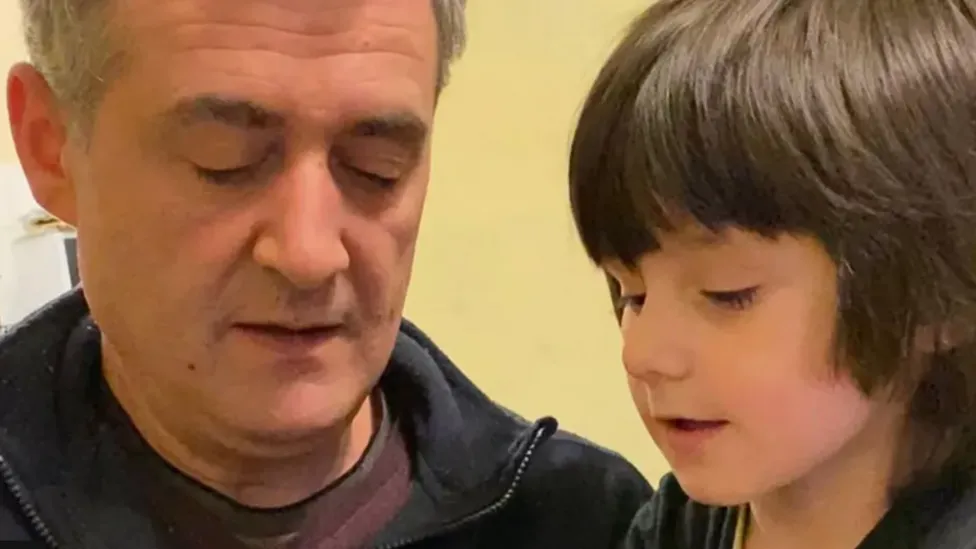
Daniel Klosi (right), pictured with his father Kastriot Klosi, died at the Royal Free Hospital after contracting sepsis
- Published
A hospital trust was not neglectful when it missed a key chance to save the life of a four-year-old boy who died from sepsis, a senior coroner has said.
Daniel Klosi died at the Royal Free Hospital in Camden, north London, on 2 April last year, after being taken in by his parents four times in a week.
Coroner Mary Hassell gave a narrative verdict as she concluded the inquest into Daniel's death.
A Royal Free London spokesperson said: "This is a desperately sad case and we are deeply sorry that Daniel died while under our care."
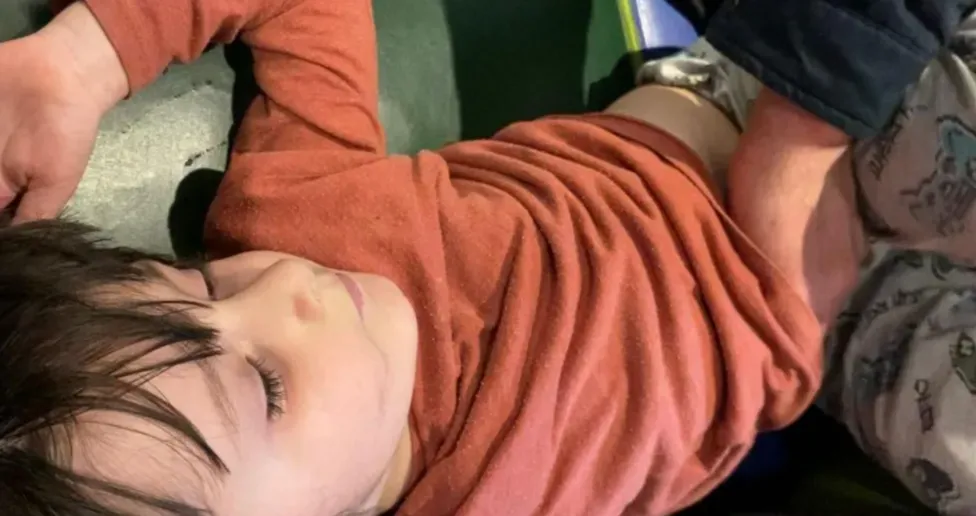
Daniel's father previously remembered his son as a "lively boy" with no health issues other than his autism
Ms Hassell said Daniel's illness had been ongoing for a week by his third trip to the hospital but his medical records were not looked at properly at that point and a chance to give antibiotics that "would have saved" his life was missed.
The coroner also said she had given "full consideration" as to whether there had been neglect in Daniel's case but decided it was not appropriate.
Dr Tim Wickham, a consultant paediatrician at the Royal Free NHS Foundation Trust who led an investigation into the incident, told the inquest: "I think we failed him in that we did not recognise how ill he was.
"He was the illest patient throughout the entire evening. He was going into septic shock and we did not recognise it."
Daniel's father Kastriot Klosi, who is a care assistant, and mother Lindita Alushi, who is a pharmacy assistant, dabbed away tears after the inquest.
'Lack of understanding'
The coroner said Daniel, from Kentish Town, north London, was brought to the emergency department four times and was not admitted until the final occasion when he "was acutely septic".
She described the first and second discharges as "reasonable and understandable" but added that by the fourth occasion Daniel had "begun the process of sepsis but I do not know whether antibiotics on that fourth admission would have saved him".
"It seems to me that Daniel could have been helped" [on that third visit], she added.
The coroner said Daniel, who had autism, came in with an "atypical presentation of sepsis" and there was a "lack of understanding" of how to view the needs of a neurodivergent child.
The inquest previously heard that Daniel's parents had noticed he was "wheezing and had a barking cough", and took him to the Royal Free Hospital's emergency department.
After being assessed over two separate visits, he was told to "go home and rest".
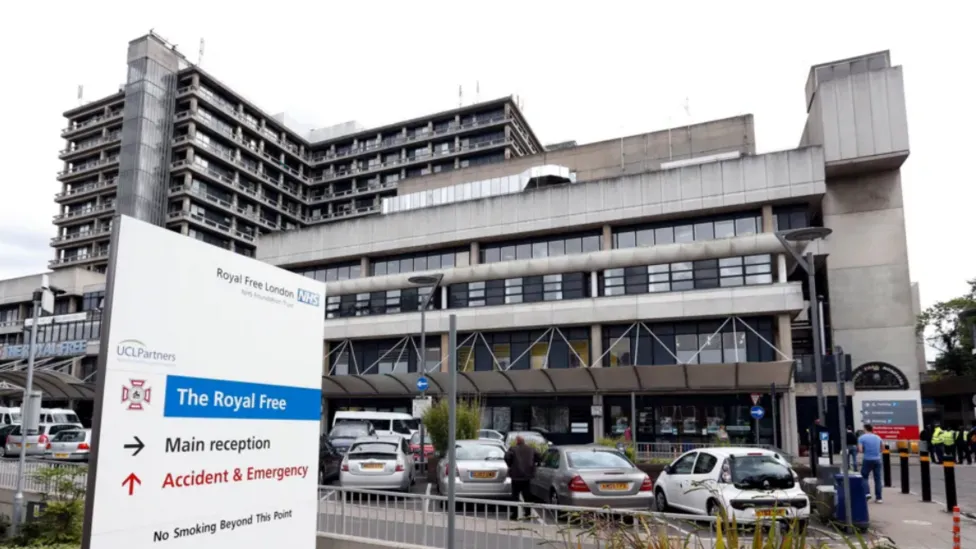
Coroner Mary Hassell said there had been no neglect in Daniel's case
'Deeply sorry'
Earlier, consultant paediatrician Alexandra Pledge had told the inquest Daniel's "rapid decline was shockingly fast" and described sepsis as "unpredictable".
Daniel became more agitative and combative when a healthcare professional was around, which is an unusual sign in a child suffering sepsis, the inquest heard.
He had impaired circulation but was alert and able to say that he wanted to go home.
Dr Wickham said changes have been made since Daniel's death, urged on by the staff who had been "profoundly affected at the time of what had happened".
He said someone who reattends the hospital will now be seen by the next available doctor.
After the hearing, a Royal Free London spokesman said: "This is a desperately sad case and we are deeply sorry that Daniel died while under our care.
"We would like to share our heartfelt condolences with his family and loved ones."
Listen to the best of BBC Radio London on Sounds and follow BBC London on Facebook, external, X, external and Instagram, external. Send your story ideas to hello.bbclondon@bbc.co.uk, external
Related topics
- Published14 August 2024
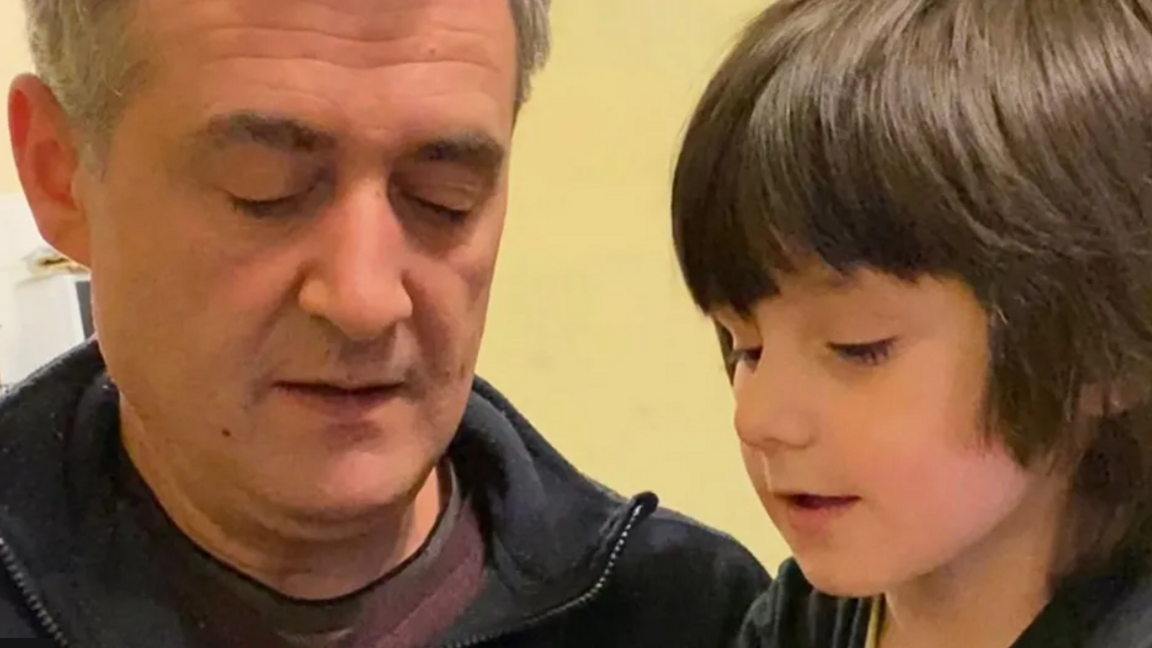
- Published25 October 2023
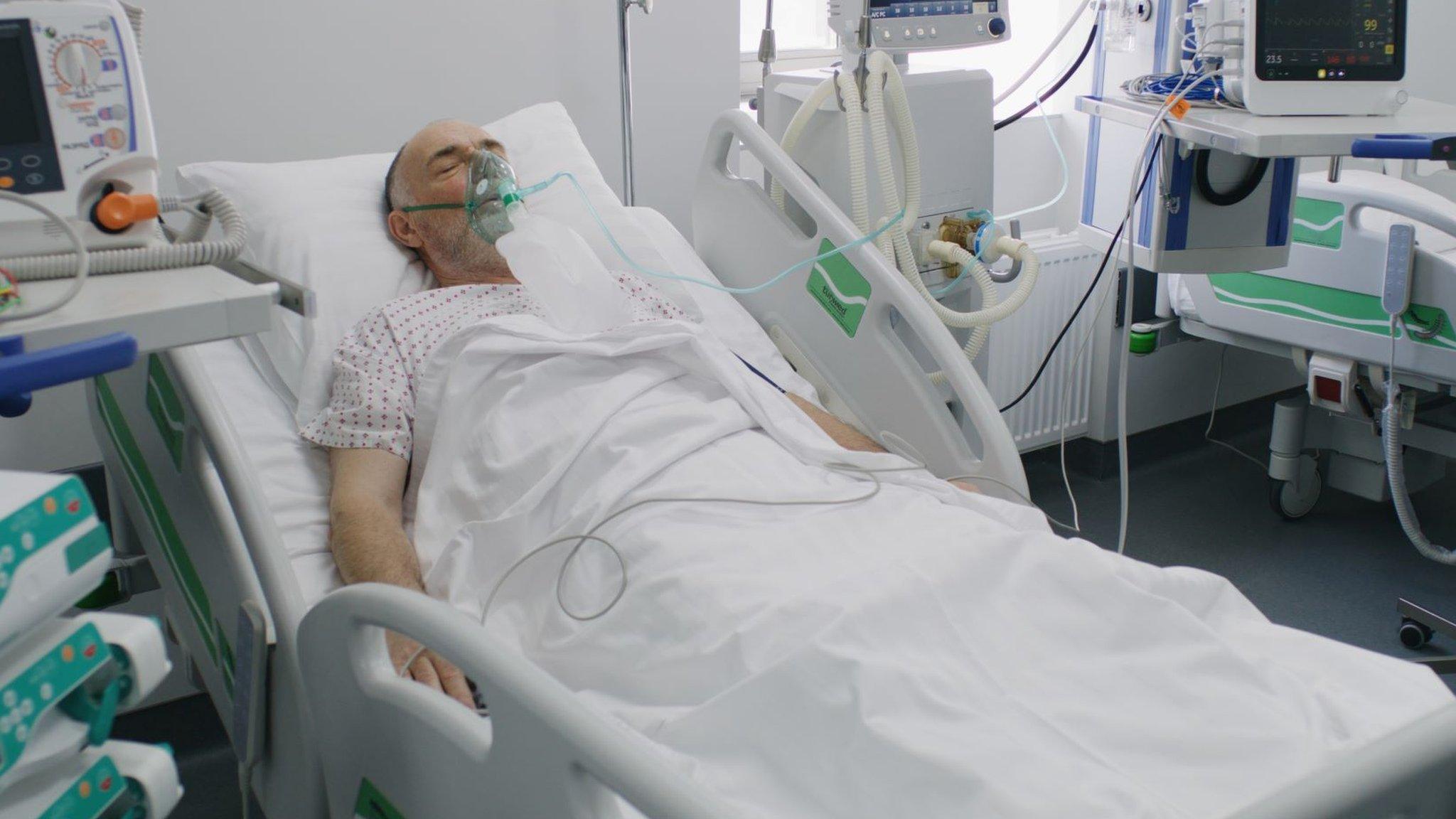
- Published13 August 2024
